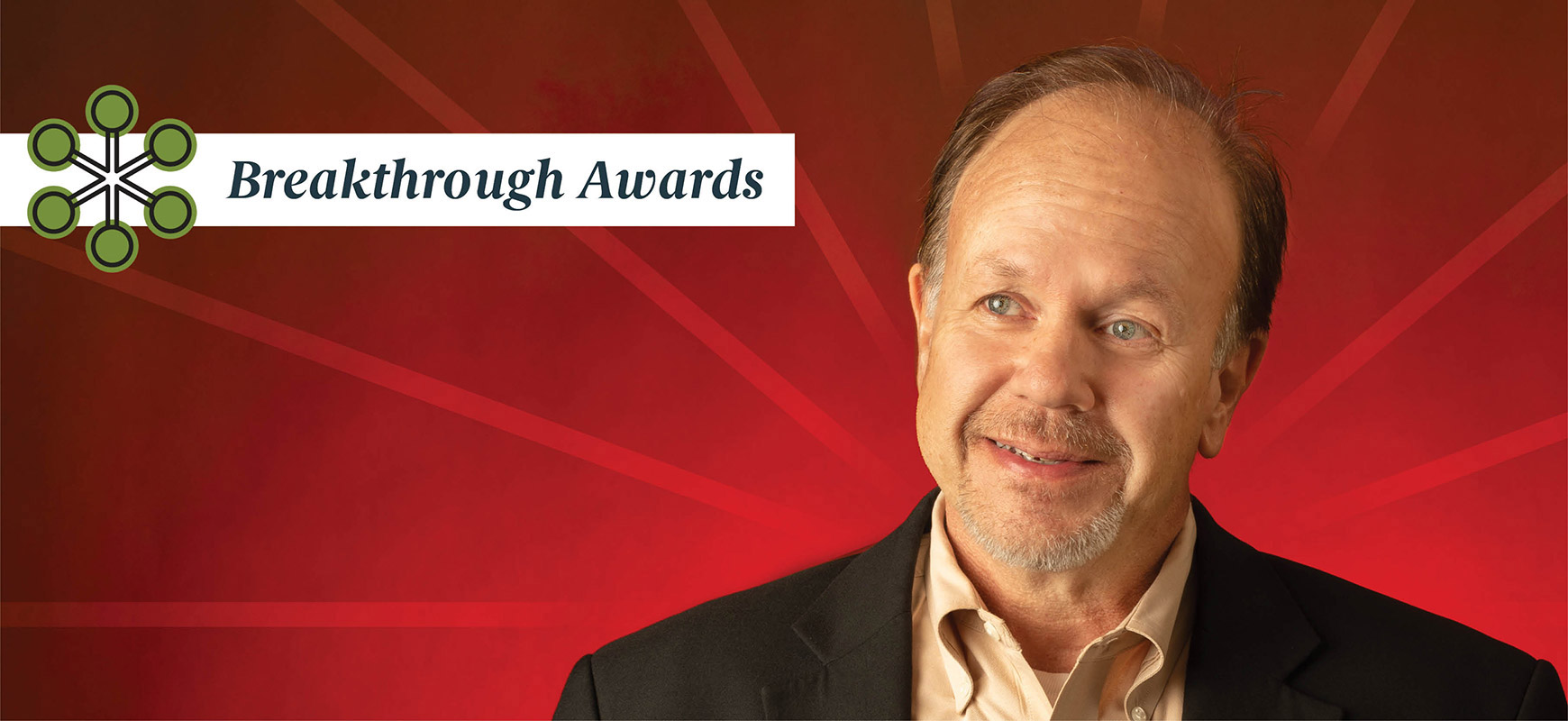
Life after disaster
Biology professor focuses on long-term effects at nuclear disaster sites
Posted on: July 12, 2019; Updated on: July 12, 2019
By Page Ivey, pivey@mailbox.sc.edu, 803-777-3085
One way or another, most life on Earth is affected when one of humanity’s most volatile inventions — the nuclear power plant — catastrophically fails.
As the founding director of the USC Chernobyl + Fukushima Research Initiative, University of South Carolina biology professor Tim Mousseau leads a team of researchers studying the impact of radiation released from each of those disasters on animal life, including insects, birds, dogs and humans who live near the failed power plants.
“Not only has he dispelled the popular idea that only cockroaches will survive a nuclear disaster, but he and his colleagues have documented effects on everything from genetics to behavior to species interactions, using mammals, birds and insects,” says Carol Boggs, a fellow biological sciences professor who also teaches in the School of the Earth, Ocean and Environment.
I shepherded small groups of faculty on trips to Washington to meet with program officers at various granting agencies. I have been told this activity was very helpful to many of my junior colleagues.
Tim Mousseau, biology
Mousseau is a fellow in the American Association for the Advancement of Sciences and is the founding editor of The Year in Evolutionary Biology, an annual review series for the New York Academy of Sciences. But his work also has garnered attention beyond scholarly journals and has made its way into mainstream and social media, including being featured in the documentaries “Chernobyl: A Natural History,” (2010) Animal Planet’s “River Monsters: Atomic Assassins” (2013), “Life After Chernobyl” (2016), and “One Strange Rock: Escape” (2018).
In addition to his own research, Mousseau has made significant contributions to promoting research and education at the university. He has served as associate dean and associate vice president for research and graduate education as well as dean of the Graduate School. He also helped organize and lead the faculty mentoring program “Faculty Field Trips to D.C.”
“I shepherded small groups of faculty on trips to Washington to meet with program officers at various granting agencies,” Mousseau says. “I have been told this activity was very helpful to many of my junior colleagues as they searched, often successfully, for their first major award from federal agencies.”
Mousseau also created the USC Presidential Fellowship, a program to recruit top Ph.D. and MFA students from across the country, as well as a graduate student travel program to attend national and international meetings in their disciplines. He was the director for three research training grants, totaling $3 million, from the National Science Foundation, which had an impact on more than 400 students from every campus in the university system, says biology professor Beth Krizek.
“Dr. Mousseau strongly believes in the importance of research for student education and has mentored more than 25 high school, 150 undergraduate students, 25 graduate students and 14 postdoctoral fellows in his laboratory since starting at USC in 1991,” Krizek says.